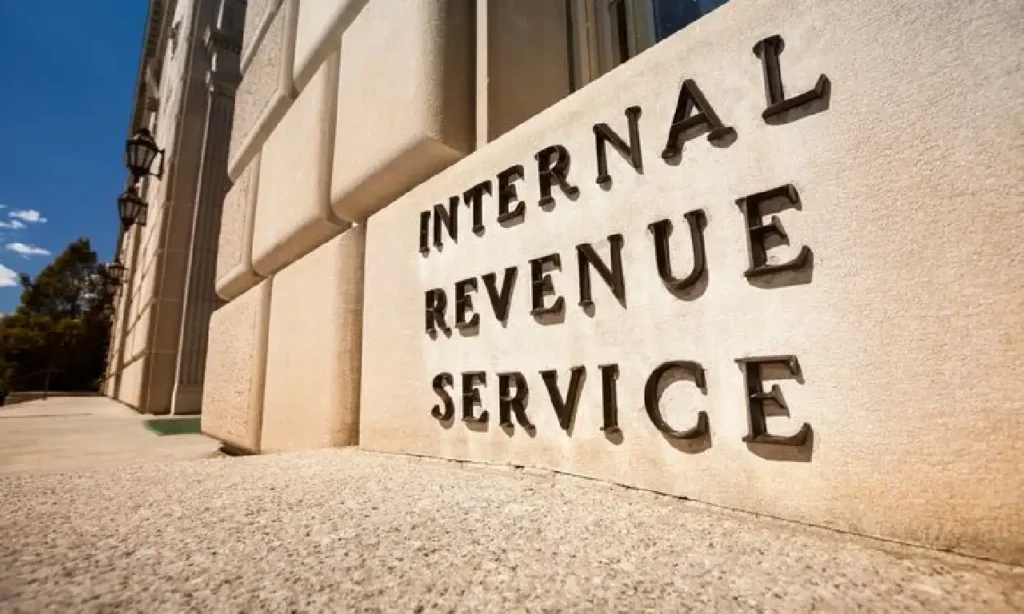Introduction:
“Heirs Get Extra Time For Inherited Retirement Accounts” In a significant shift with far-reaching implications for estate planning and retirement savings, heirs now have more time to maximize the benefits of inherited retirement accounts. Recent changes to regulations governing inherited retirement accounts offer individuals greater flexibility and opportunities to manage their inheritance wisely. This shift marks a departure from previous rules and underscores the importance of strategic financial planning for both benefactors and beneficiaries.
Many Americans who inherited retirement accounts since 2020 won’t be required to start pulling money out this year after the Internal Revenue Service said it was further postponing enforcement of a law passed in 2019. Part of the law required most inheritors other than spouses to empty IRAs within 10 years, not over their lifetimes, as was previously allowed. Many heirs interpreted this to mean that they could hold off pulling money out until year 10, allowing them to time their withdrawals to lower their taxes while the balances continued to grow
Understanding the Changes
Traditionally, inherited retirement accounts, such as Individual Retirement Accounts (IRAs) or 401(k)s, were subject to strict distribution requirements, often necessitating rapid withdrawals and potentially significant tax consequences for beneficiaries. However, recent legislative changes, notably the passage of the SECURE Act (Setting Every Community Up for Retirement Enhancement) in December 2019, have extended the timeframe for distributing inherited retirement account funds.
One of the most significant provisions of the SECURE Act is the elimination of the “stretch IRA” strategy for most non-spouse beneficiaries. Previously, beneficiaries could “stretch” withdrawals from inherited retirement accounts over their lifetimes, maximizing tax-deferred growth potential. However, under the new rules, non-spouse beneficiaries generally must withdraw the entire inherited retirement account balance within 10 years of the original account holder’s death.
Implications for Heirs
While the elimination of the stretch IRA strategy may initially seem like a setback for heirs, the extended 10-year distribution period offers several advantages and planning opportunities:
- Tax Efficiency: The 10-year distribution period allows beneficiaries to manage their tax liabilities more effectively. By strategically timing withdrawals over the course of a decade, heirs can minimize their annual taxable income and potentially reduce their overall tax burden.
- Flexibility in Timing: Unlike the previous requirement for annual distributions, beneficiaries now have greater flexibility in timing their withdrawals. This flexibility enables heirs to align distributions with their financial needs, tax considerations, and investment strategies.
- Potential for Growth: By extending the distribution period, heirs have the opportunity to benefit from continued growth within the inherited retirement account. This extended timeframe allows for the potential accumulation of additional assets, further enhancing the value of the inheritance.
- Estate Planning Strategies: The revised rules surrounding inherited retirement accounts necessitate a review and adjustment of estate planning strategies. Benefactors and beneficiaries alike may need to reassess their estate plans to optimize the transfer of assets and minimize tax implications under the new regulations.
Strategic Considerations for Benefactors and Beneficiaries
In light of these changes, both benefactors and beneficiaries should consider the following strategic considerations:
- Review Estate Plans: Benefactors should review their estate plans to ensure alignment with the new rules governing inherited retirement accounts. This may involve updating beneficiary designations, revisiting trust arrangements, and exploring alternative estate planning strategies.
- Educate Heirs: Benefactors should educate their heirs about the implications of inheriting retirement accounts under the revised regulations. Providing guidance on tax-efficient withdrawal strategies and investment principles can empower beneficiaries to make informed decisions.
- Consult Financial Professionals: Both benefactors and beneficiaries can benefit from consulting financial advisors, tax professionals, and estate planning attorneys. These experts can provide personalized guidance and strategies tailored to individual circumstances, helping to optimize the management of inherited retirement accounts.
Conclusion
“Heirs Get Extra Time For Inherited Retirement Accounts” The extension of time for heirs to keep their money in inherited retirement accounts represents a significant opportunity for strategic financial planning and wealth preservation. While the elimination of the stretch IRA strategy presents new challenges, the extended distribution period offers valuable flexibility and potential for tax-efficient wealth accumulation. By staying informed, engaging in proactive financial planning, and seeking professional guidance, benefactors and beneficiaries can navigate these changes effectively and maximize the benefits of inherited retirement accounts for future generations.




